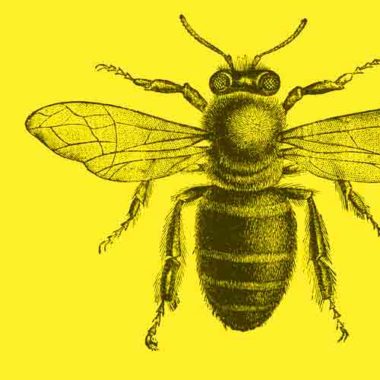The Reasons to Swear. A Lot.
Fair warning: The language here could get a little strong for some tastes. Raise your hand if you’ve ever slipped up and said a curse word in front of your boss, your grandma, or anyone else you probably shouldn’t have. We’re right there with you (totally raised our hands). Don’t be too hard on yourself. Swearing has a long history—words tend to stick around when …











